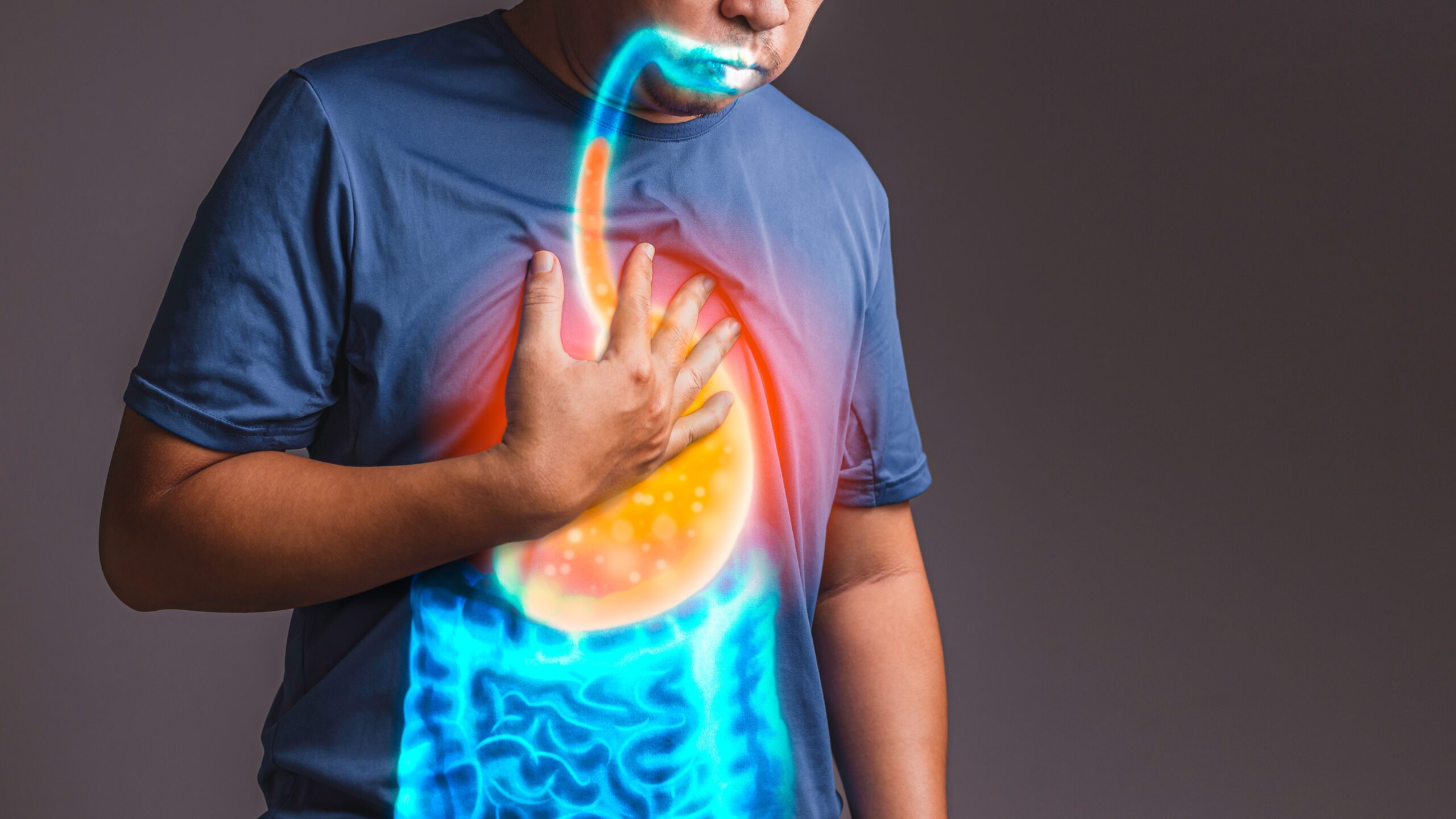
Coeliac Disease
Symptoms of Coeliac Disease may include:
Digestive Issues: Symptoms such as abdominal pain, bloating, gas, diarrhea, or constipation are common in individuals with coeliac disease due to inflammation and damage to the intestinal lining.
Fatigue: Chronic fatigue or weakness is often reported by individuals with coeliac disease, partly due to malabsorption of nutrients caused by intestinal damage.
Weight Loss: Unintentional weight loss may occur in individuals with coeliac disease, particularly if malabsorption of nutrients persists over time.
Skin Rash (Dermatitis Herpetiformis): Some individuals with coeliac disease may develop a specific type of skin rash called dermatitis herpetiformis, characterized by itchy, blistering lesions, often on the elbows, knees, buttocks, or scalp.
Mood Changes: Coeliac disease can affect mood and mental well-being, leading to symptoms such as irritability, anxiety, or depression, possibly due to nutrient deficiencies and inflammation.
Uniquehomeopathy
- 61/40 sector 6 pratap nagar alp bachat shopping centre ke samne, Sheopur Rd, Sanganer, Jaipur, Rajasthan 303902
- dr.kumawat94@gmail.com
- +919784668979
My Contacts
- 61/40 sector 6 pratap nagar alp bachat shopping centre ke samne, Sheopur Rd, Sanganer, Jaipur, Rajasthan 303902
- +919784668979
- dr.kumawat94@gmail.com

